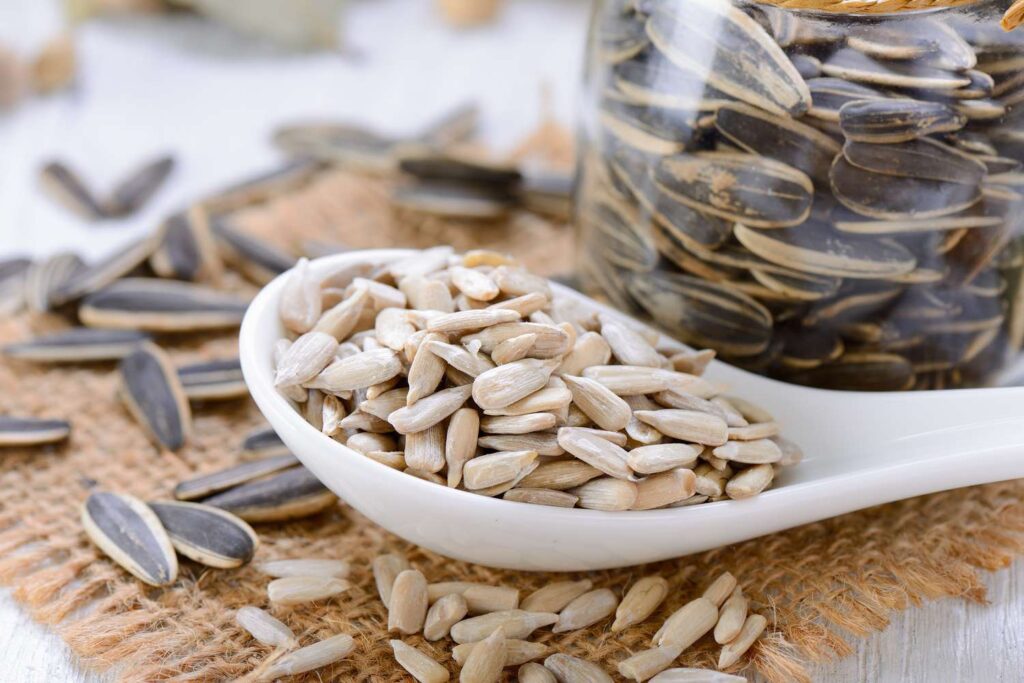The potato is one of the world’s most popular and widely consumed vegetables. From French fries to mashed potatoes, this starchy root vegetable is not only versatile in the kitchen but also packed with nutrition. Despite its often misunderstood reputation, potatoes offer an impressive range of nutrients and several health benefits when prepared properly.
Nutritional Facts of Potatoes (per 100 grams)
- Calories: 77 kcal
- Carbohydrates: 17.5 grams
- Protein: 2 grams
- Fat: 0.1 grams
- Dietary Fiber: 2.2 grams
- Sugar: 0.8 grams
- Water: 79 grams
- Vitamins and Minerals:
- Vitamin C: 19.7 mg (22% of the daily value)
- Vitamin B6: 0.3 mg (15% of the daily value)
- Potassium: 425 mg (12% of the daily value)
- Magnesium: 23 mg
- Iron: 0.8 mg
- Folate: 15 µg
- Niacin (Vitamin B3): 1.1 mg
- Phosphorus: 57 mg
It’s important to note that the exact nutritional content of potatoes can vary based on their preparation method. For instance, frying can increase the fat content, while boiling and baking retain the nutrients with minimal calorie addition.
Health Benefits of Potatoes
1. Rich Source of Nutrients
Potatoes are a highly nutrient-dense food that provides essential vitamins and minerals necessary for daily health. A medium-sized potato (about 150 grams) provides nearly half of the recommended daily intake of vitamin C, which is vital for immune function, collagen synthesis, and wound healing. Potatoes also contain a good amount of vitamin B6, which plays a role in energy metabolism and cognitive development.
2. High in Potassium
Potatoes are one of the richest dietary sources of potassium, an essential mineral that helps regulate blood pressure, balance fluids in the body, and ensure proper muscle and nerve function. In fact, potatoes contain more potassium than bananas, making them a valuable food for supporting heart health.
3. Support Digestive Health
The fiber content in potatoes, especially when eaten with the skin, promotes healthy digestion and can help prevent constipation. Additionally, potatoes contain a special type of fiber known as resistant starch, which feeds beneficial gut bacteria, improves gut health, and can reduce inflammation in the digestive system.
4. Aid in Blood Sugar Control
Despite being a starchy vegetable, potatoes can have a positive impact on blood sugar regulation when eaten in moderation and prepared correctly. The resistant starch in cooled, cooked potatoes slows down the digestion of carbohydrates and can help regulate blood sugar levels. This makes them a better option compared to other high-carb foods when managing conditions like diabetes.
5. Boost Heart Health
The combination of potassium, fiber, vitamin C, and antioxidants in potatoes can contribute to improved cardiovascular health. Potassium helps reduce hypertension by counterbalancing the negative effects of sodium, while fiber helps lower cholesterol levels. Additionally, potatoes are rich in antioxidants, such as flavonoids, carotenoids, and phenolic acids, which combat free radicals and reduce the risk of heart disease.
6. Promote Satiety and Weight Management
Because they are high in fiber and water, potatoes can promote a feeling of fullness, making them a satisfying and low-calorie food option when not fried or loaded with unhealthy toppings. They can be part of a balanced diet aimed at weight management or weight loss.
7. Source of Antioxidants
Potatoes contain a variety of antioxidants that help neutralize harmful molecules known as free radicals. These antioxidants include compounds like carotenoids, anthocyanins, and chlorogenic acid, which have been linked to reducing the risk of chronic diseases such as cancer and heart disease. The type of potato can influence the antioxidant levels, with colorful varieties like red and purple potatoes containing higher concentrations.
8. Support Bone Health
Potatoes contain essential minerals like calcium, magnesium, and phosphorus, which are important for maintaining healthy bones. These minerals contribute to bone density and strength, reducing the risk of osteoporosis.
9. Natural Anti-Inflammatory Properties
Some studies suggest that the antioxidants and phytonutrients in potatoes have anti-inflammatory effects. In particular, compounds like anthocyanins, found in purple potatoes, have been shown to reduce inflammation and oxidative stress, which are contributors to chronic diseases like arthritis and cardiovascular issues.
10. Improve Brain Function
The high levels of vitamin B6 in potatoes support brain health by promoting the production of neurotransmitters like serotonin and dopamine, which are crucial for mood regulation and cognitive function. The glucose provided by potatoes also serves as a steady source of energy for the brain, helping improve concentration and memory.

Types of Potatoes and Their Nutritional Differences
- Russet Potatoes
These are starchy potatoes commonly used for baking and frying. They have a high carbohydrate content and are ideal for making mashed potatoes, but they can spike blood sugar more quickly due to their higher glycemic index. - Red Potatoes
Red potatoes have a lower starch content, making them firmer and ideal for roasting and boiling. They also have a higher fiber content due to their thin, nutrient-dense skins. - Sweet Potatoes
Though not botanically related to white potatoes, sweet potatoes are often grouped with them. They are rich in beta-carotene, which is converted into vitamin A in the body, supporting eye health and immune function. - Yellow or Yukon Gold Potatoes
These have a slightly buttery taste and are more moist than russet potatoes, making them versatile for roasting, mashing, or adding to soups and stews. They also contain a good amount of vitamin C and potassium. - Purple Potatoes
Purple potatoes contain higher levels of antioxidants, particularly anthocyanins, which give them their rich color. They are thought to have more powerful anti-inflammatory and anti-cancer properties compared to other varieties.
Potential Health Concerns
While potatoes offer a wealth of nutrients, certain preparation methods can diminish their health benefits. Deep frying potatoes, such as in the case of French fries or potato chips, significantly increases the calorie and fat content, which can contribute to weight gain and increased cholesterol levels. Additionally, individuals who need to monitor their blood sugar should be mindful of portion sizes, as excessive consumption of starchy foods can lead to blood sugar spikes.
Choosing healthier cooking methods like baking, boiling, or steaming, and pairing potatoes with fiber-rich vegetables and proteins can mitigate these concerns and make them a nutritious part of any diet.
Conclusion
Potatoes are a highly nutritious and versatile food that can provide numerous health benefits, from supporting heart health and digestion to boosting immune function and brain performance. By choosing healthier cooking methods and incorporating a variety of potato types into your diet, you can enjoy the full range of nutrients they offer without compromising your health. Whether you’re looking to improve your digestive health, control your blood sugar, or increase your potassium intake, potatoes can be a valuable addition to a balanced, wholesome diet.





